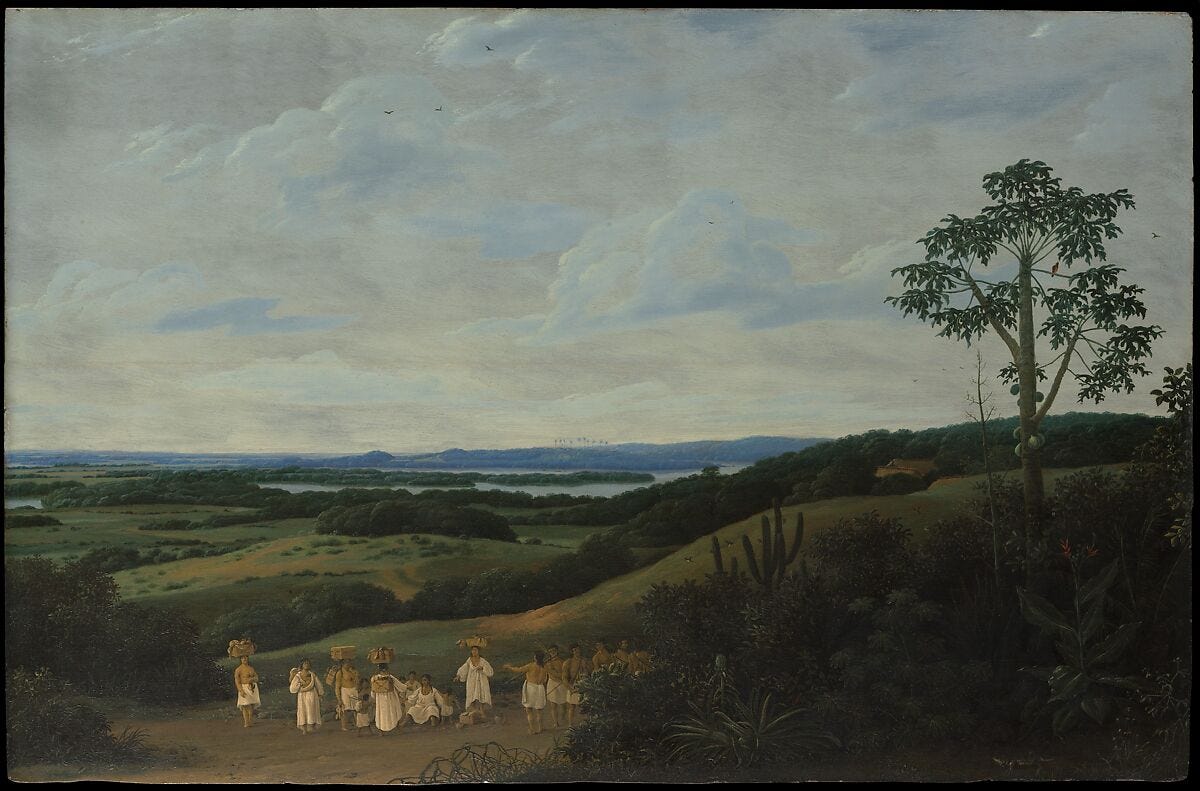Review of editor Sheila Walker's "African Roots/American Cultures" (2001)
ed. Sheila S. Walker, African Roots/African Cultures: Africa in the Creation of the Americas (New York: Rowman and Littlefield Publishers, Inc., 2001), pgs. 375.

Sheila S. Walker, a cultural anthropologist, professor, and documentary film maker, edited a collection of twenty-three essays that focus on the role of African culture and its role in influencing modern culture in the Atlantic World. Coming out of a conference organized at the University of Texas at Austin in 1996, this collection drew from a wide range of scholars and activists. It has some insights that are exceptionally valuable for scholars of the Black Atlantic World and have deserved further study. However, there are many arguments that extend too broadly with little evidence and that hurt the volume as a whole.
A dense book, filled with academic jargon that would deter younger scholars, this volume centers on several central themes. First, Africa’s role in the Atlantic world has been ignored both by the academy and by American societies (note, this collection is drawn from scholars across the globe and focuses on the entirety of the Americas). Second, African culture infused much of the cultural creation in the Americas, but was obscured as white colonizers seized African productions and claimed them as their own. Third, that a broad diasporic culture existed, in part the result of African customs in the Old World, that incorporated and Africanized European cultures. Finally, African identity remained concealed, though not lost, across time and place.
First, a note on some of the strengths of this collection. First, chapter nineteen by Joao Reis was a fantastic article that was exceptionally nuanced and careful in its approach. His careful exploration of the quilombo societies in Brazil and their role in insurrections was a welcome addition to the volume. Another strength of the volume at large was its drawing in both academic and non-academics into conversation. This provided a wider array background that sometimes is missing from the group think of scholarly publications (though in some ways this volume also contributed to this). Another strong point made throughout is that African cultures did not disintegrate upon arrival in the Americas. Some scholars have suggested that the trauma of the Middle Passage and exploitation of slavery shattered African cultures. However, as the authors continually argue, African cultures remained imbedded in enslaved communities and continued long after the end of slavery.
While the idea that African cultures flourished in the Americas is not problematic, in my opinion, the authors arguments are not as strong as they could have been. Far too many of the authors framed African cultures as nearly monolithic and mythical. In many of the articles Africa was framed as a place that had many broad, consistent, sweeping cultural similarities that were unified in a broad African Diaspora. In chapter fourteen this argument is most strenuously argued, which I found to be less accurate given the extensive scholarship (even at the publication of this book, see here) showing a complex and varied society that should not be lumped together as one. Many articles mythologized the African past as one of near innocence and as a fountain of liberating ideas. One of the challenges that I found within the text was how freely some of the authors connected the past with the present, arguing that it was from current African traditions that they discovered African Americans had continued to maintain their African cultures (see for example chapter seventeen). This is problematic, as John Thornton notes, in part because this suggests that African cultures are static and unchanging, something that is not backed by the primary source evidence. This type of argument also played out in how scholars referred to the Black Atlantic diaspora in the Americas. Another challenge of this book was the seeming tendency to identify (what seemed to me) to be everything positive as a derivative of Africa and the negatives of European origin. I find this framing of “oppressor” and “oppressed” as less valuable, particularly as it obscures the agency of those subjected to slavery and the complexities of societies that were indeed oppressing other people.1 History is messy, and it is important that scholars grapple with this messiness. Sweeping arguments often obscure this messiness and create incomplete images of the past that can distort how we view the present and the future.
While overall this book was dense, at times overly laced with jargon, and not as well sourced in far too many chapters. However, there are some valuable ideas that can be useful for scholars of the Black Atlantic world. Future scholars can indeed build upon the idea of African cultural survival in the Americas, though I expect that their findings will be richer, and more complicated than this volume in many ways suggests.
Robert Swanson
Some authors more explicitly noted the Marxian frameworks.



